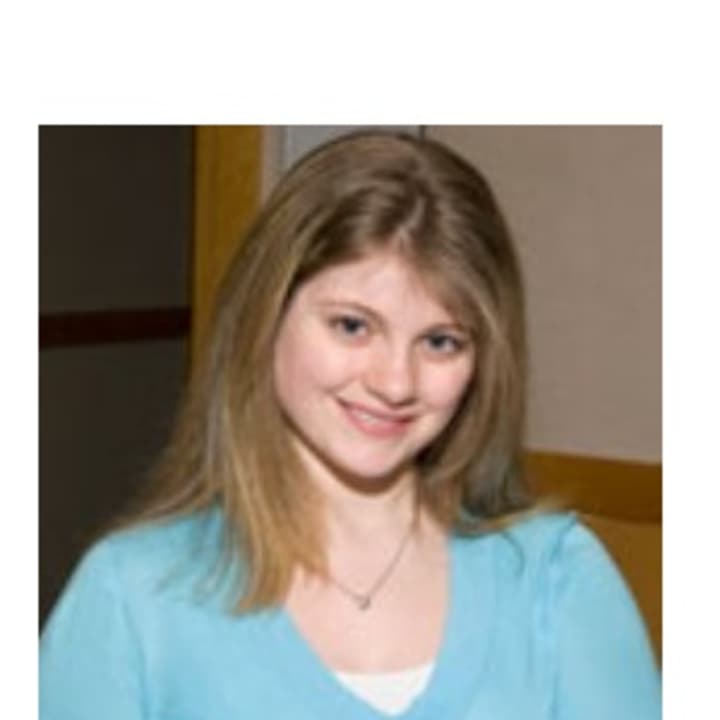“We have three programs that focus on public relations and journalism; film and television production; and sports communication,’’ said Lori Bindig, Ph.D., an assistant professor at SHU who developed the Media Literacy and Digital Culture masters program. “That’s still a great career path. This program focuses on the social impact of media and what it is doing to us as individuals, in our workplace and in our culture.”
The program begins in the fall with two concentrations: Children, Health and Media, and Media and Social Justice. The Children, Health, and Media concentration focuses on media's impact on the minds, bodies, and relationships of children, tweens, and teens. The concentration in Media and Social Justice explores the role of media in reinforcing or challenging power and inequality in social and institutional relationships.
“There are only two schools in the United States that offer masters programs on media literacy,’’ Bindig said. “We’re really a pioneer in this field. It’s unique in that it pairs the classroom with hands-on learning and real-world experiences.”
Media literacy study is becoming more commonplace in high schools. Bindig said a bill in the Connecticut legislature would integrate media literacy into all public schools. “There’s this trend,’’ Bindig said, “that people need to understand how important the media is in our digital culture.”
Bindig said students who earn the degree will find employment in media, education, health and community and social services. Perhaps the most intriguing use will be in healthcare, where the public currently gathers most of its information from web-based sources.
“Messages are being constructed and targeted to people,’’ Bindig said. “There are some detrimental effects, whether it’s body image, media addiction or lack of exercise.”
Bindig’s interest in media culture developed during her undergraduate years. “I paid attention to the television shows and the magazines and thought something didn't quite match,’’ said Bindig, who has written books about television programs "Dawson's Creek" and "The O.C." “The way it’s portrayed is people are only happy if they have luxury cars and beautiful mansions. People of color are poorly portrayed or not at all. I started to notice these things and took a class on popular culture. I thought it was important that we analyze media the same way we would analyze a poem.”
Bindig knows there is no reversing the stranglehold media has on American culture. But she believes if we can gauge its impact, study it and accurately interpret the data, it could lead to more positive messages.
“It’s transforming a generation,’’ Bindig said. “We’re not going to stop it. We need to understand, and have kids understand, what they’re doing and how it impacts things.”
For more on the Media Literacy and Digital Culture graduate degree program at Sacred Heart, click here.
Click here to follow Daily Voice Fairfield and receive free news updates.


